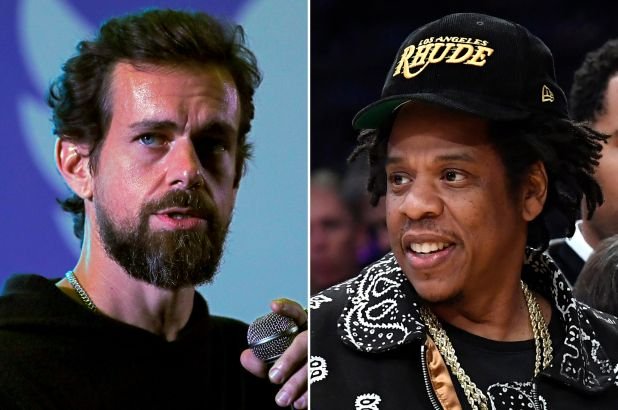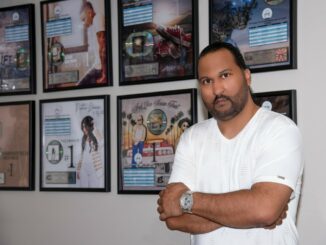
TIDAL is now majority-owned by Jack Dorsey’s Square, after a deal was reportedly finalized between Dorsey and Shawn ‘Jay-Z’ Carter on Friday (April 30).
The acquisition was for more money than expected, according to TMZ, which reports that Square paid $350 million to buy an 80% stake in TIDAL.
That figure was $53 million bigger than the number the two parties announced in March ($297 million), when they said they had entered into a definitive agreement for Square to acquire its majority stake.
At the time, the two parties said that following Square’s acquisition, TIDAL’s artist co-owners would make up its remaining stakeholders.
Those artist co-owners include the likes of Alicia Keys, Arcade Fire, Beyoncé, Calvin Harris, Chris Martin, Daft Punk, Damian Marley, deadmau5, J. Cole, Jack White, Jason Aldean, Kanye West, Lil Wayne, Madonna, Nicki Minaj, Rihanna, T.I. and Usher.
Both Jay-Z and Roc Nation CEO Desiree Perez are expected to stay on the TIDAL board following the Square buy.
For Jay-Z, a $350 million sale represents a multiple of around seven times on the €50 million (approx $56 million) he paid to acquire TIDAL – then linked to Scandinavian service WimP – in 2015.
However, it’s not far off half the size of the $600 million enterprise valuation TIDAL achieved when telco Sprint acquired a 33% stake in the music platform for $200 million in 2017.
Jay-Z initially acquired TIDAL via the vehicle Project Panther Bidco, whose latest financial filings for TIDAL reveal that the platform generated $166.9 million in the calendar year of 2019, up 26.4% YoY.
The platform posted an operating loss in 2019 of $55.3 million.

The acquisition of TIDAL by Square comes as the streaming music platform rolls out an interesting online campaign designed to hook consumers into signing up for its 30-day trial offer.
In addition to showing off about TIDAL’s hi-def audio capabilities, the ad – as seen on social media this week – makes the bold claim that TIDAL “pays artists 4X more per stream than the other guys”.
It’s a claim worth scrutinizing.
TIDAL certainly does pay out, on average, more per stream than many of its rivals: data published by The Trichordist last year, for example, suggested that TIDAL was paying $0.00876 per stream, with Spotify way down on $0.00348.
One reason for that is because TIDAL doesn’t have a free tier – meaning every non-triallist using its service is paying something for the privilege.
TIDAL’s Average Revenue Per User (ARPU) number will also be dragged up by dint of its TIDAL Hi-Fi tier, which costs double the standard monthly subscription price ($19.99 vs. $9.99).
However, per-stream rates – as cited in TIDAL’s ad – should always be taken with a pinch of caution.
As MBW explained in our analysis of recent claims from Apple Music, streaming services don’t actually calculate and pay royalties on a per-stream basis.
Instead, they pay out a percentage of their total revenue – which is then, crucially, divided up on the basis of an individual artist/label’s popularity across their platform.
Services that have low engagement (i.e. users not playing much music) therefore have a natural advantage over those with high engagement (i.e. users playing loads of music) when it comes to calculating their per-stream rate.
In other words: if music fans stream more on a service in a given month, its per-stream payout will go down; if music fans stream less in a given month, its per-stream rate will go up.Music Business Worldwide




